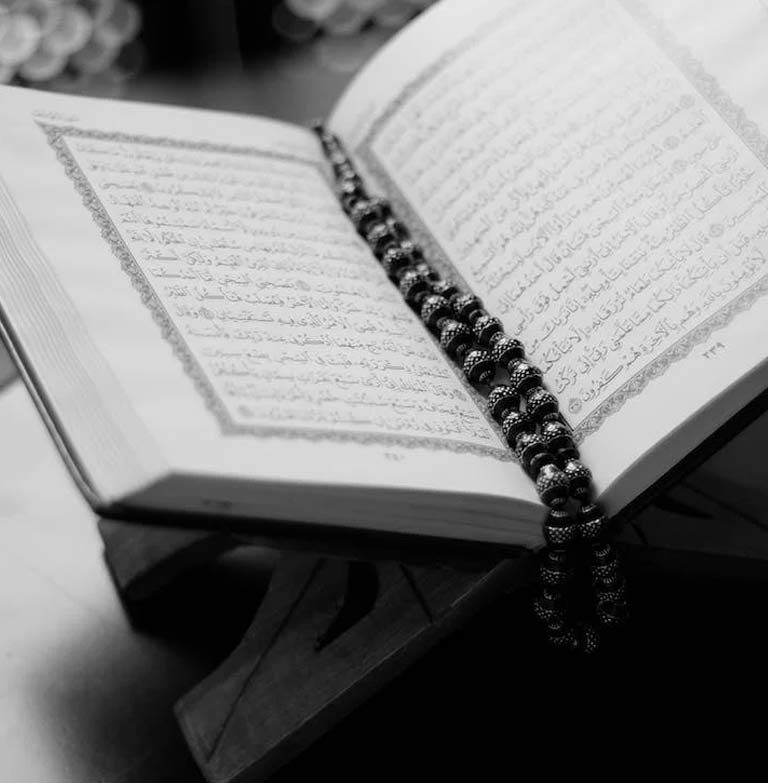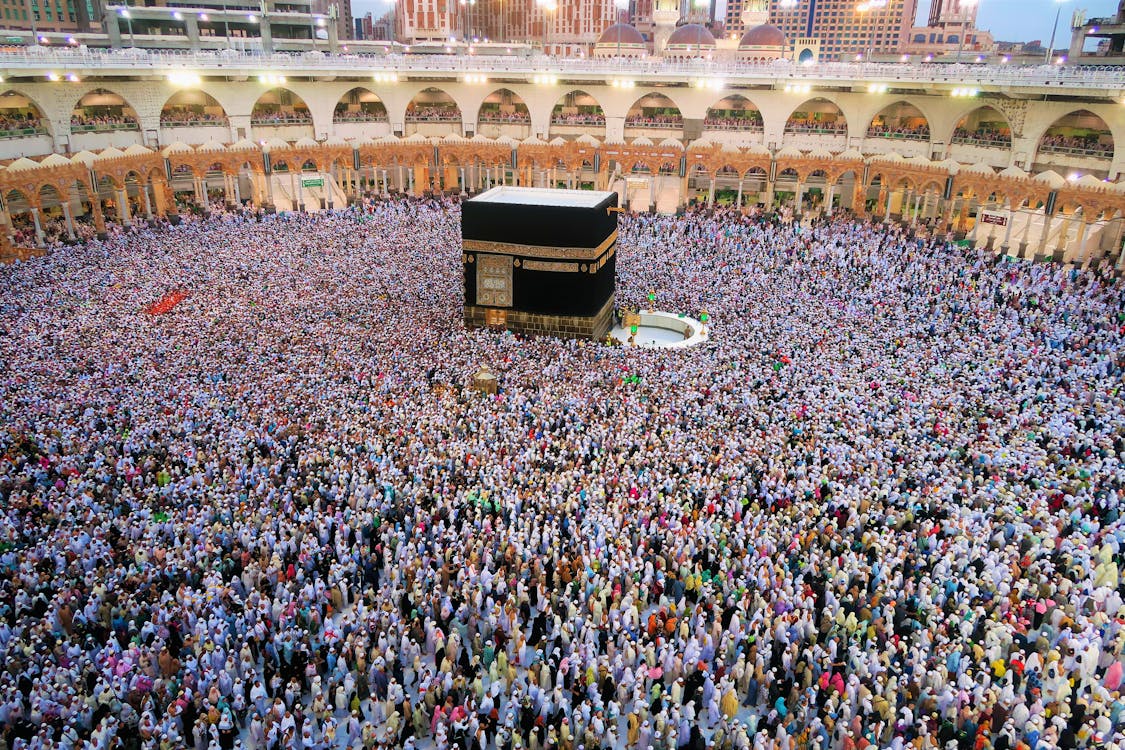What are some spiritual Facts about Muhammad and his Holy life? Muhammad, born in 570 AD in the city of Mecca, Arabia, is revered as the final prophet of Islam. His life and teachings laid the foundation for one of the world’s major religions, shaping the course of history and influencing billions of lives. Raised in a society marked by tribalism and polytheism, Muhammad grew up witnessing social injustices and moral decay.
At the age of 40, during a period of deep contemplation and solitude in a cave on Mount Hira, he received the first revelation from the Angel Gabriel. These revelations, spanning over 23 years, were compiled into the holy book of Islam, the Quran. Muhammad’s message centered on the oneness of God (Allah), moral integrity, social justice, and compassion. Despite facing persecution and opposition from the powerful tribes of Mecca, Muhammad’s unwavering faith and steadfastness eventually led to the establishment of Islam as a monotheistic faith.
He served not only as a spiritual guide but also as a political leader, uniting the disparate tribes of Arabia under the banner of Islam. Muhammad’s legacy endures as a source of inspiration for millions, his life embodying the virtues of humility, perseverance, and devotion to Allah.
Bio Facts about Muhammad (SM), The Prophet of Islam
Muhammad’s biography is not just the story of a religious figure, but also a testament to the power of perseverance, faith, and compassion. Despite facing immense challenges and opposition, he remained steadfast in his mission to establish a society based on the principles of monotheism and social justice. His legacy continues to shape the beliefs and practices of millions of people around the world, making him one of the most influential figures in human history.
1. Early Life and Background
Muhammad, revered by Muslims as the last prophet and messenger of Allah, was born in Mecca, Arabia, in 570 CE. His father, Abdullah, died before he was born, and his mother, Aminah, passed away when he was just six years old. Raised by his grandfather and later his uncle, Muhammad grew up in a society marked by tribal divisions and pagan beliefs.
2. Revelation and Prophethood
At the age of 40, while meditating in a cave on Mount Hira, Muhammad received his first revelation from the Angel Gabriel. Over the next 23 years, he continued to receive revelations, which were later compiled into the Quran, the holy book of Islam. Despite facing opposition and persecution, Muhammad persisted in spreading the message of monotheism and social justice.
3. Migration to Medina
In 622 CE, facing increasing hostility from the Meccan tribes, Muhammad and his followers migrated to the city of Medina, where they were welcomed by the local tribes. This event, known as the Hijra, marks the beginning of the Islamic calendar. In Medina, Muhammad established a society based on principles of equality, compassion, and justice.
4. Consolidation of Power
During his time in Medina, Muhammad faced numerous challenges, including military conflicts with the Meccans and neighboring tribes. Despite being outnumbered and outgunned, his leadership and strategic acumen enabled the Muslim community to emerge victorious. Muhammad also negotiated treaties and alliances, laying the foundation for the expansion of Islam.
5. Legacy and Impact
Muhammad’s life and teachings have had a profound impact on the course of human history. As the founder of Islam, he laid the groundwork for a religion that would eventually spread across the globe. His emphasis on social justice, compassion, and equality continues to resonate with people of all backgrounds. Today, over a billion Muslims look to Muhammad as a role model and guide in their daily lives.
Other Interesting Articles
- Drew Weissman, Nobel Laureate: 20 Interesting Fun Facts
- 67 Interesting Facts about Charlie Sheen, American Actor
- 38 Bernard Jean Étienne Arnault, Interesting, Cool, Fun Facts
- 26 Interesting Facts about Ryan Lochte, American Swimmer
- 34 Fidel Castro, Cuban Leader Interesting, Cool, Fun Facts, Bio
- 36 Jeff Bezos Interesting, Cool, Fun Facts, Bio, Wealth, More
- 18 Interesting Facts About Michel Nostradamus, Astrologer
- 42 Bill Gates Interesting Cool, Fun Facts, Bio, Wealth & More
- 42 Ferdinand Magellan (Portuguese Explorer) Interesting Facts
- 35 Vasco da Gama (Portuguese Explorer) Interesting Facts
- Biography and Profile of Vikram Seth: An Indian Philosopher
- 32 Beautiful Welsh Actress Catherine Zeta-Jones Facts
- 32 Hernán Cortés Facts: Defeated the Aztec Empire
- 18 Alexander Hamilton Facts: an American Founding Father
- Liaquat Ali Khan Biography: 17 Facts, Achievements, Death
- Indira Gandhi’s Age, Husband, Family, Caste, Biography
- 19 Zachary Taylor US President Bio, Interesting Fun Facts
- 44 George Washington Fun Facts that Provoke Inspiration
- Biography of William Wordsworth in 150 Words: 10 Templates
- 23 William Shakespeare Biography, Contributions, Play, Facts

